Lake house communities are often seen as peaceful retreats, where people can relax, enjoy nature, and escape from the fast-paced world. However, over time, unspoken rules and social expectations have developed that can make lake life more stressful than serene. Whether it’s long-standing traditions, unrealistic expectations, or passive-aggressive neighbor disputes, these unspoken rules can take the fun out of lakeside living. Here are a few hidden “rules” that are quietly ruining the lake house community experience.
1. Always Keeping Your Property “Lake House Perfect”
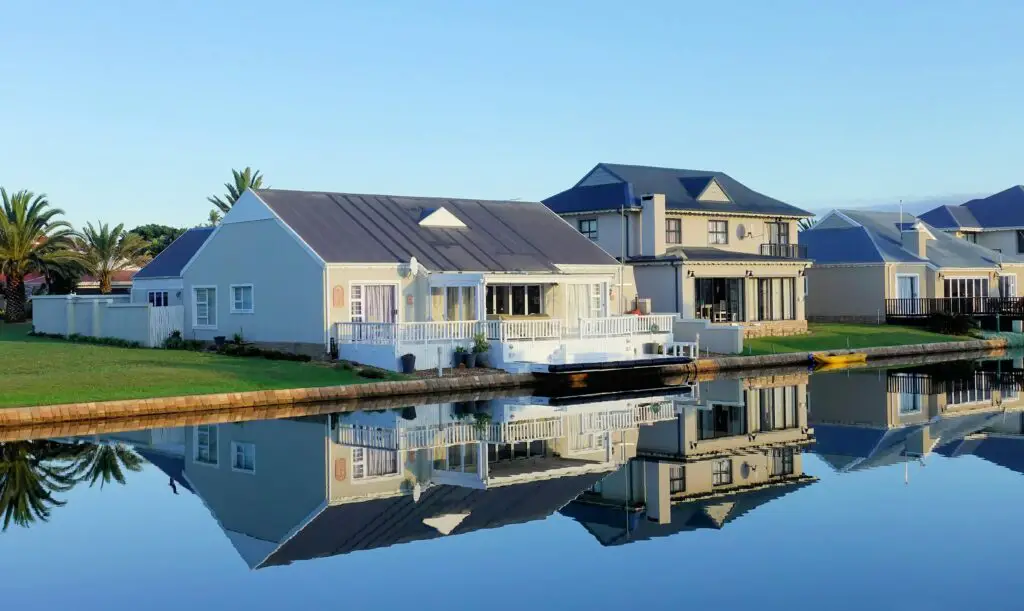
Many lake house communities expect homeowners to keep their properties in pristine condition at all times. This means maintaining a well-manicured lawn, freshly painted docks, and a picture-perfect exterior, no matter the season. While a tidy appearance is understandable, the pressure to meet these unrealistic standards can turn lake living into a constant chore rather than a place to unwind. Those who fail to meet these expectations might receive side-eye glances from neighbors or even passive-aggressive complaints.
The stress of keeping up appearances can be especially tough for those who only visit their lake house on weekends or during summer. Unlike full-time residents, part-time homeowners may not have the time or resources to constantly maintain their property. This creates unnecessary tension and can make people feel like they don’t truly belong in the community. A lake house should be a place to relax, not an ongoing landscaping competition.
2. The Unofficial “No Loud Fun” Rule
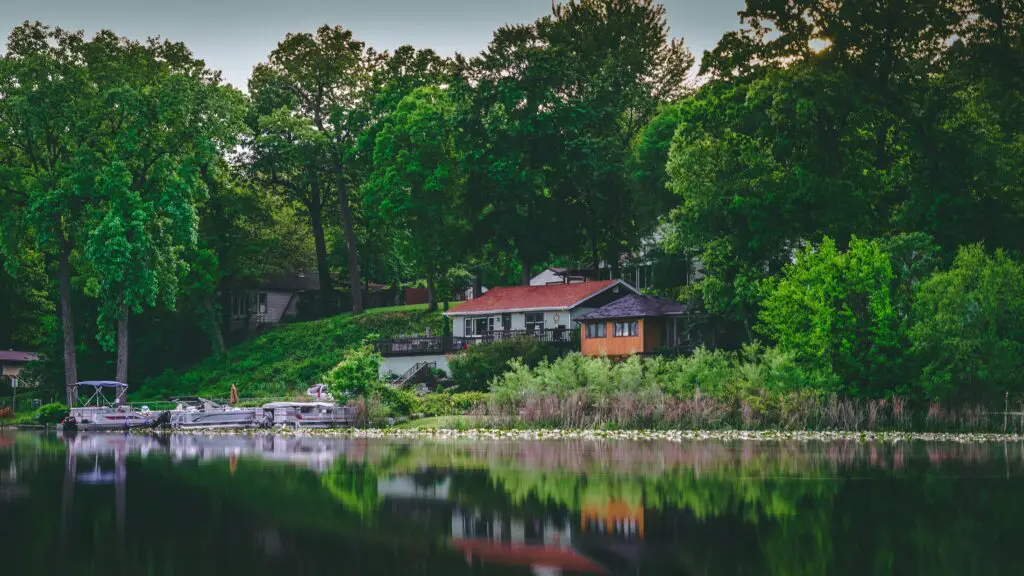
Lakes are supposed to be places of fun and excitement, but in many communities, there’s an unwritten rule against being too loud. Whether it’s playing music, hosting a small gathering, or kids laughing on a boat, some neighbors act as though any noise is a personal attack. While no one wants to deal with excessive late-night parties, the expectation that everything must remain silent can make the atmosphere feel overly restrictive. Lakes are naturally lively places, and a little noise should be expected.
This rule can also lead to uncomfortable confrontations between neighbors. A simple afternoon of wakeboarding or a BBQ with friends might result in a neighbor complaining about the “disturbance.” Instead of fostering a sense of community, this kind of attitude creates unnecessary divisions. A balance between peace and enjoyment is key, but expecting total silence on a lake is unrealistic.
3. The Pressure to Own a Boat—And a Nice One
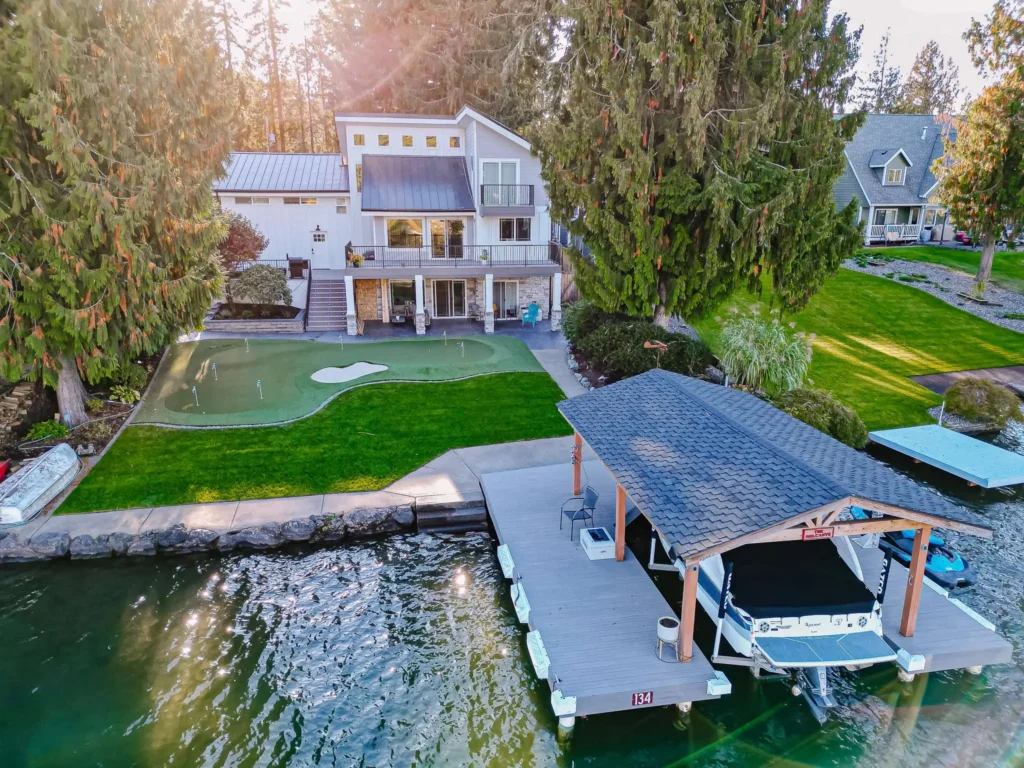
Owning a boat is often seen as an unspoken requirement for truly being part of the lake house community. It’s not just about having a boat—it’s about having a nice one that’s well-maintained and stylish. Those who don’t own one might feel left out of social events, water activities, and conversations that revolve around boating. This expectation creates an unnecessary divide between residents who can afford luxury watercraft and those who can’t.
For some, the pressure to keep up with boating culture can lead to financial strain. The cost of purchasing, maintaining, docking, and fueling a boat is significant, making it an unrealistic expense for many homeowners. Those who choose to enjoy the lake without a boat might feel as if they aren’t “real” members of the community. In reality, lake life should be about enjoying nature and relaxation, not keeping up with expensive hobbies.
4. Dock Space is a Battleground
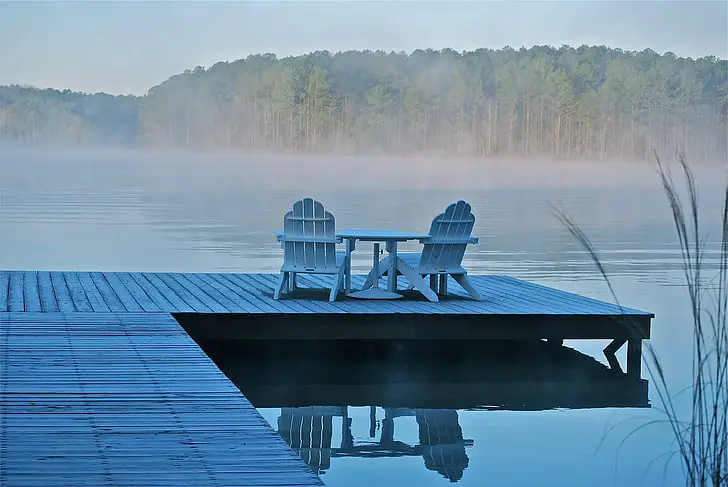
Dock space is one of the biggest sources of tension in lake house communities, often leading to silent feuds between neighbors. Whether it’s a shared dock, encroaching on someone else’s space, or disputes over whose turn it is to use the best spot, this unspoken rule creates unnecessary stress. Some homeowners claim “unofficial rights” over certain areas, even when they don’t technically own them. This leads to territorial disputes that make what should be a relaxing environment feel like a never-ending battle.
Even those with private docks aren’t immune to the drama. Neighbors might take issue with how boats are parked, whether visitors are allowed to dock temporarily, or how much space someone is occupying. Instead of enjoying the lake together, many communities are plagued with passive-aggressive behavior and unspoken resentment. A little flexibility and shared respect would go a long way in easing these unnecessary conflicts.
5. The Expectation to “Host” All the Time
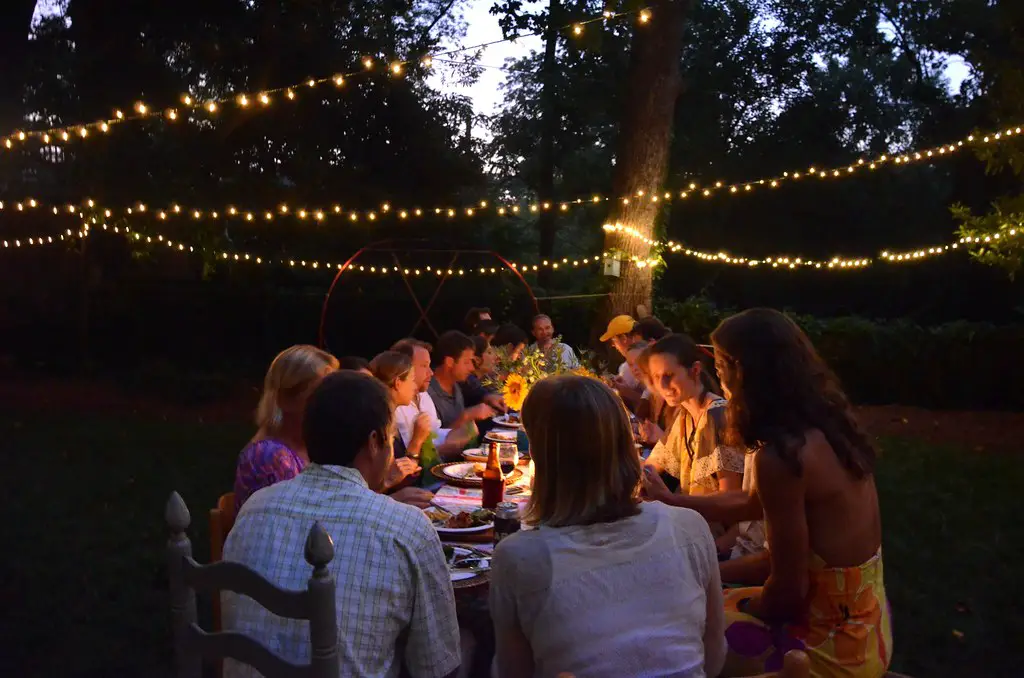
If you own a lake house, many people assume you’re automatically the host for every family gathering, holiday, and long weekend getaway. While having a lakefront property is great for entertaining, it shouldn’t mean you’re obligated to invite everyone over constantly. Some homeowners feel trapped by the pressure to accommodate relatives and friends, often at their own expense. What should be a peaceful escape quickly turns into a full-time job of cooking, cleaning, and organizing activities.
Worse, guests often assume that staying at a lake house means an all-expenses-paid vacation. Instead of pitching in for food, drinks, or even boat fuel, they expect the homeowner to cover everything. This expectation can be exhausting, making homeowners dread visits instead of looking forward to them. A little consideration from guests would help maintain the balance between hospitality and personal relaxation.
6. The Unofficial Speed Limits on the Water
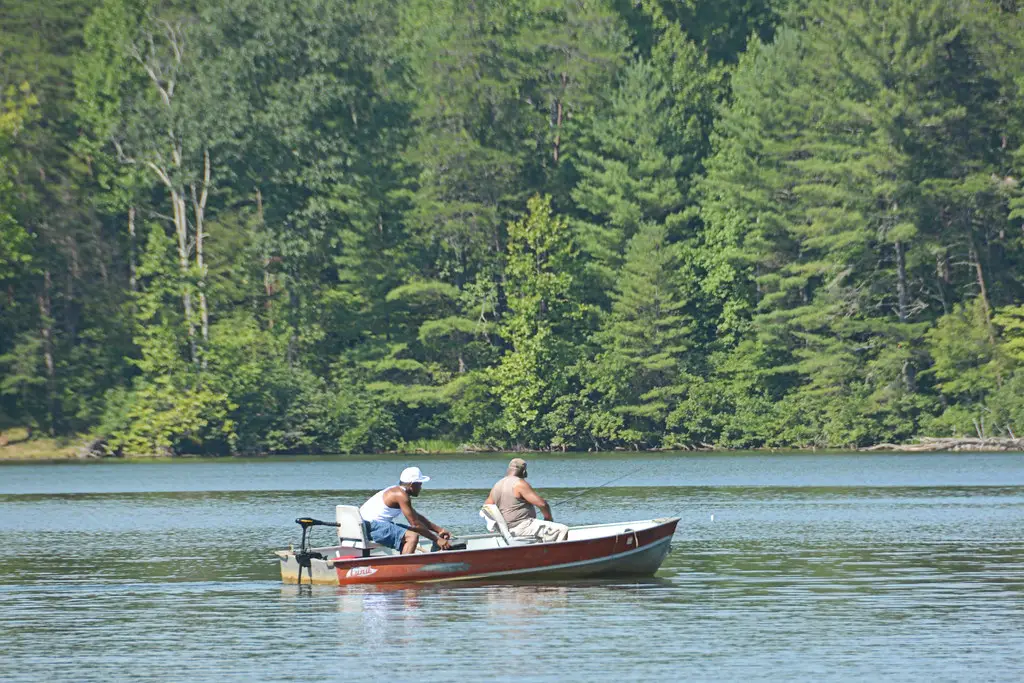
While official boating speed limits exist, many lake house communities have their own “unspoken” speed rules. Some residents believe boats should always go slow, even in areas where higher speeds are allowed. This often leads to unnecessary arguments, with some homeowners acting as self-appointed enforcers of their own personal rules. Those who enjoy water skiing, tubing, or jet skiing may feel unfairly judged for simply using the lake as intended.
On the flip side, there are also boaters who ignore all speed limits, creating wake problems and safety concerns. This imbalance creates a constant struggle between those who want a quiet, relaxing environment and those who want to enjoy high-speed water activities. Instead of everyone finding a reasonable middle ground, these tensions make the lake feel less like a shared community and more like a divided one. A little courtesy and mutual respect could resolve many of these conflicts.
7. The Over-Policing of Fireworks and Bonfires
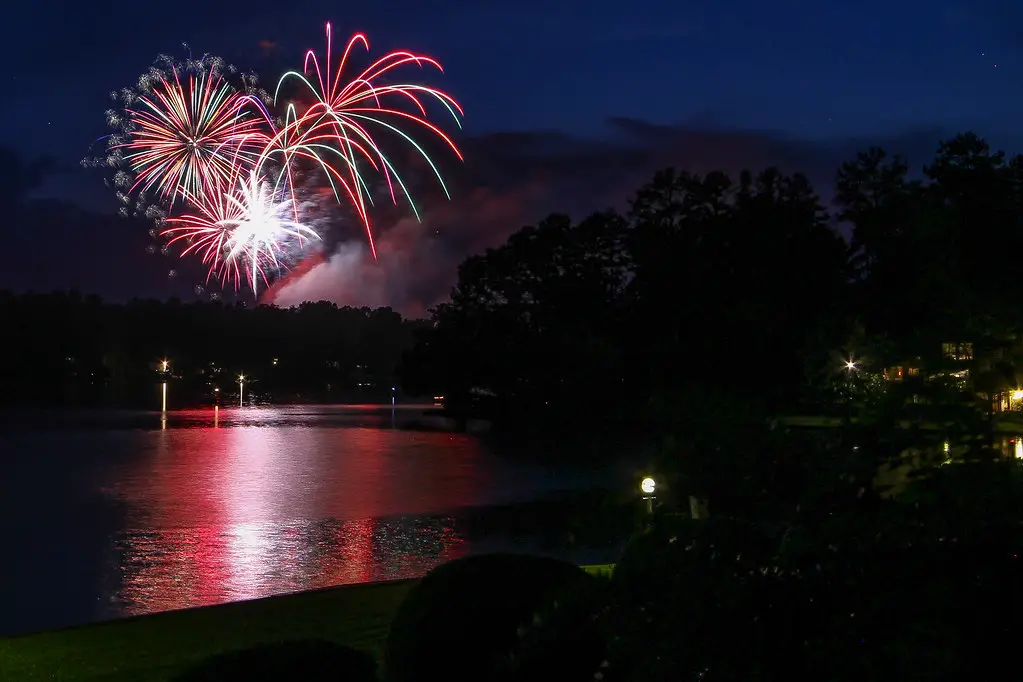
While safety is important, some lake house communities take their restrictions on fireworks and bonfires to an extreme. Even on major holidays like the Fourth of July, some neighbors complain about the “disruption” of fireworks, even if they’re legal. Bonfires, too, are often heavily regulated, with some communities banning them altogether due to fire concerns. While caution is necessary, these rules can make it difficult for families to enjoy traditional lakefront activities.
Instead of banning these activities outright, reasonable safety guidelines would be a better approach. Many people cherish the experience of sitting by a bonfire or watching fireworks over the lake. Completely eliminating these traditions takes away part of what makes lake house living so special. A fair balance between safety and enjoyment would help keep the community spirit alive.
8. The Judgement Over Short-Term Rentals
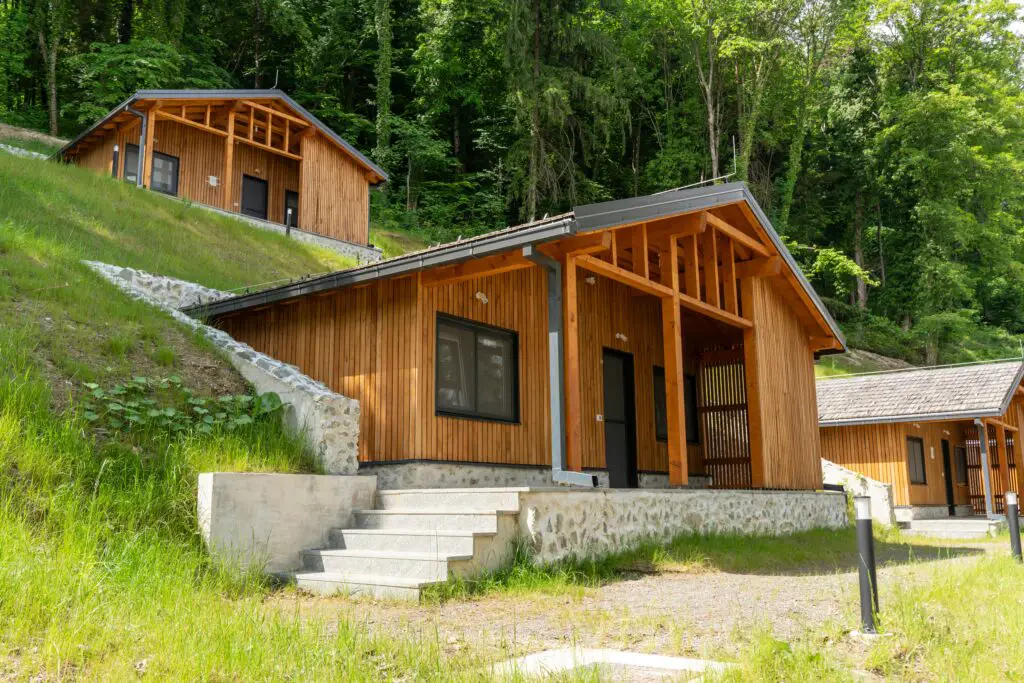
Many lake house communities have an unspoken disapproval of short-term rentals, even if they’re technically allowed. Homeowners who rent out their property on platforms like Airbnb or VRBO often face judgment from full-time residents. The fear is that renters will be noisy, disrespectful, or fail to follow community norms. Even when renters are quiet and responsible, there’s often a stigma attached to those who don’t “belong” in the neighborhood.
This attitude can create unnecessary divisions between those who use their lake house solely for personal enjoyment and those who rent it out to offset costs. Some communities go so far as to impose new restrictions or pressure local authorities to ban rentals altogether. Instead of assuming all short-term renters will be disruptive, communities could focus on enforcing reasonable behavior expectations for all residents, whether they own or rent. A little understanding would go a long way in maintaining harmony.
9. Unspoken Rules About Fishing Spots
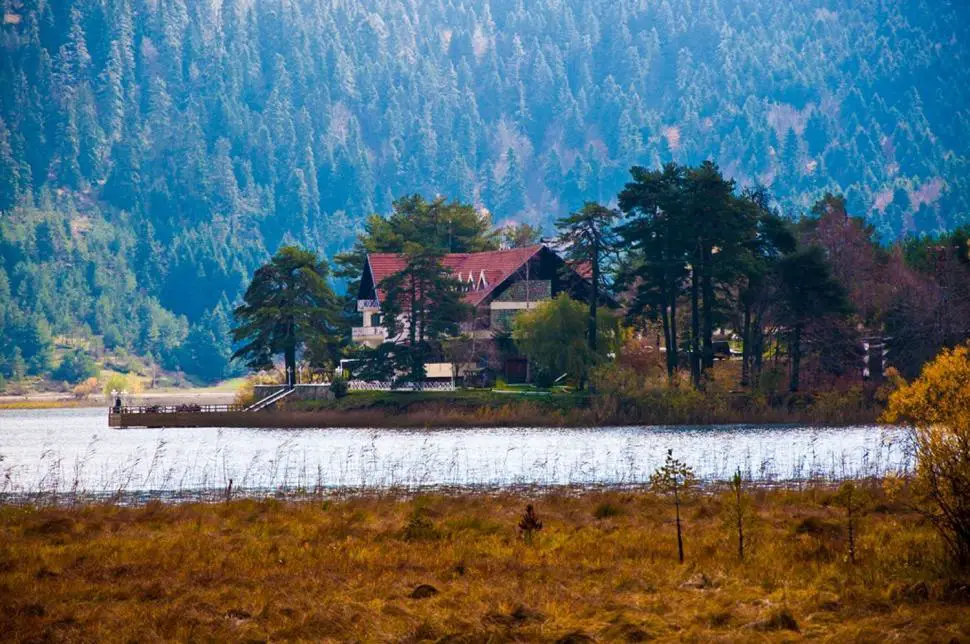
Fishing is one of the biggest draws of lakefront living, but in many communities, there are invisible “rules” about where and when you can fish. Certain docks, coves, or shorelines are seen as unofficially “claimed” by longtime residents. If someone new drops a line in one of these spots, they might be met with passive-aggressive comments or cold stares. Even though the lake is technically public (or shared by all homeowners), territorial behavior can make fishing less enjoyable.
This silent competition for the best fishing spots can create unnecessary tension between neighbors. Instead of enjoying a peaceful morning on the water, some anglers feel pressured to avoid areas where they aren’t “welcome.” A little flexibility and community spirit would make fishing more enjoyable for everyone. The lake belongs to everyone who lives there, and no one should feel excluded from enjoying it.
10. The Push for Year-Round Participation
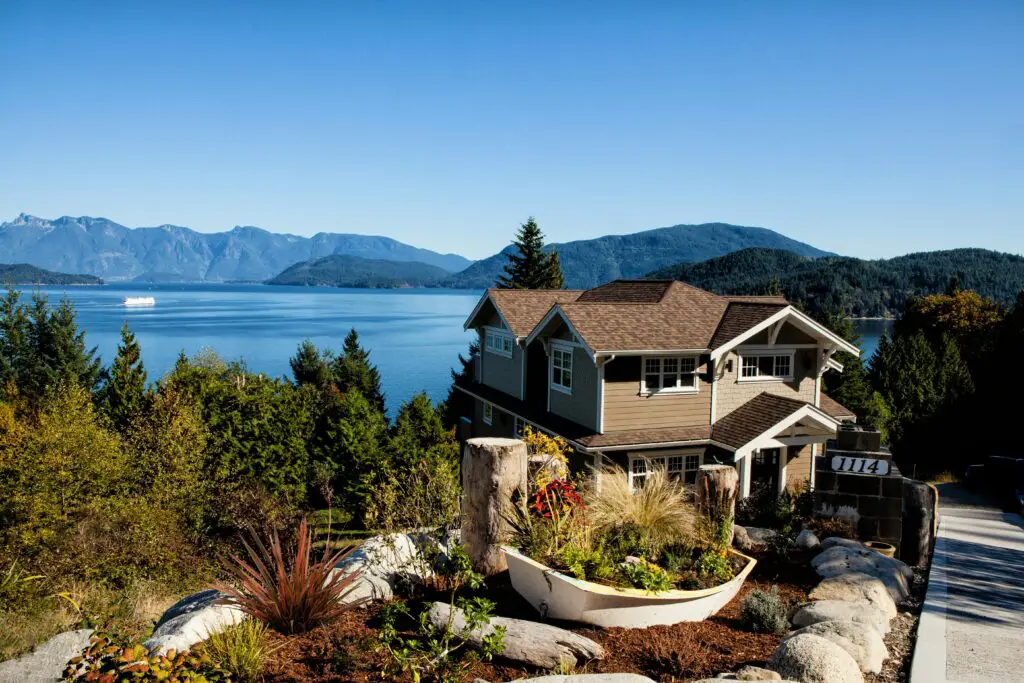
Some lake house communities have an unspoken expectation that homeowners should be active members of the neighborhood year-round. Full-time residents often look down on seasonal homeowners, especially if they don’t participate in local meetings, clean-up days, or social events. This creates a divide between permanent and part-time residents, even though both groups contribute to the community in different ways. Instead of welcoming seasonal homeowners, some communities make them feel like outsiders.
For many, a lake house is meant to be a vacation spot, not a full-time obligation. Expecting every homeowner to commit to the same level of involvement is unrealistic. Seasonal residents should be able to enjoy their property at their own pace without feeling guilty for not attending every local event. A more inclusive attitude would strengthen the community rather than create unnecessary friction.
11. The Ban on Certain Water Activities
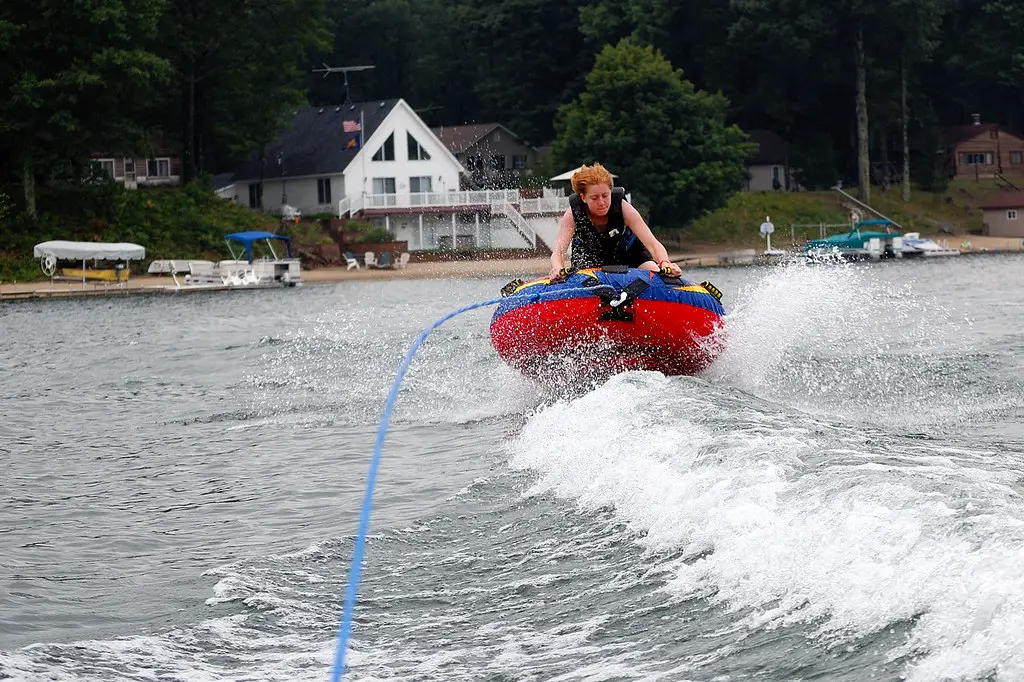
While most lakes allow a mix of activities, some communities impose unwritten restrictions on what’s “acceptable.” Paddleboarding, kayaking, and swimming might be seen as ideal, while jet skiing and tubing are frowned upon. Even if the lake legally permits motorized water sports, some homeowners act as though fast-moving activities are disrespectful. This can make younger families or thrill-seekers feel unwelcome in a community that should be open to all types of recreation.
Instead of policing which activities are “acceptable,” communities should focus on ensuring that all lake users follow basic safety guidelines. Everyone should be able to enjoy the lake in a way that suits them, as long as they’re respectful of others. A mix of activities helps keep the lake vibrant and enjoyable for people of all ages. Lakes are meant for fun and relaxation, not rigid social enforcement.
12. The Pressure to Keep Up with Luxury Trends
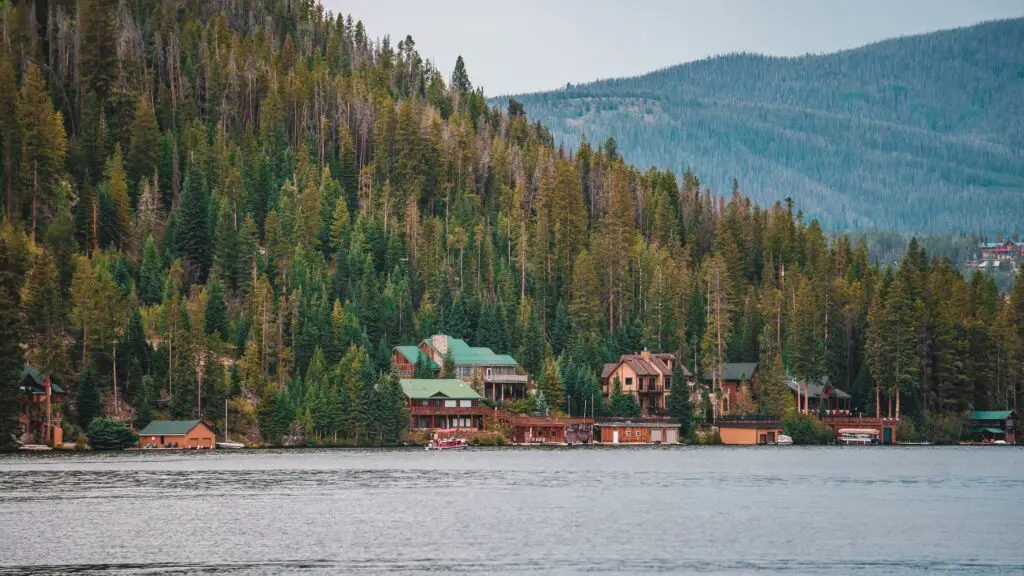
What was once a simple lake getaway has, in many places, become a status symbol. Some lake house communities place an unspoken pressure on homeowners to upgrade their docks, install expensive outdoor kitchens, or renovate their properties to keep up with luxury trends. Those who prefer a more rustic, traditional cabin aesthetic might feel out of place in a neighborhood filled with high-end renovations. Instead of being a peaceful retreat, the lake house can feel like another version of suburban competition.
This pressure extends to everything from outdoor furniture to boat accessories, with some homeowners feeling judged if they don’t have the latest upgrades. While home improvements are great, they shouldn’t be mandatory for fitting in with the community. A lake house should be a place to escape from materialism, not an extension of it. Homeowners should feel free to enjoy their property in whatever way makes them happiest—whether that’s with a high-tech setup or a simple fishing dock.
